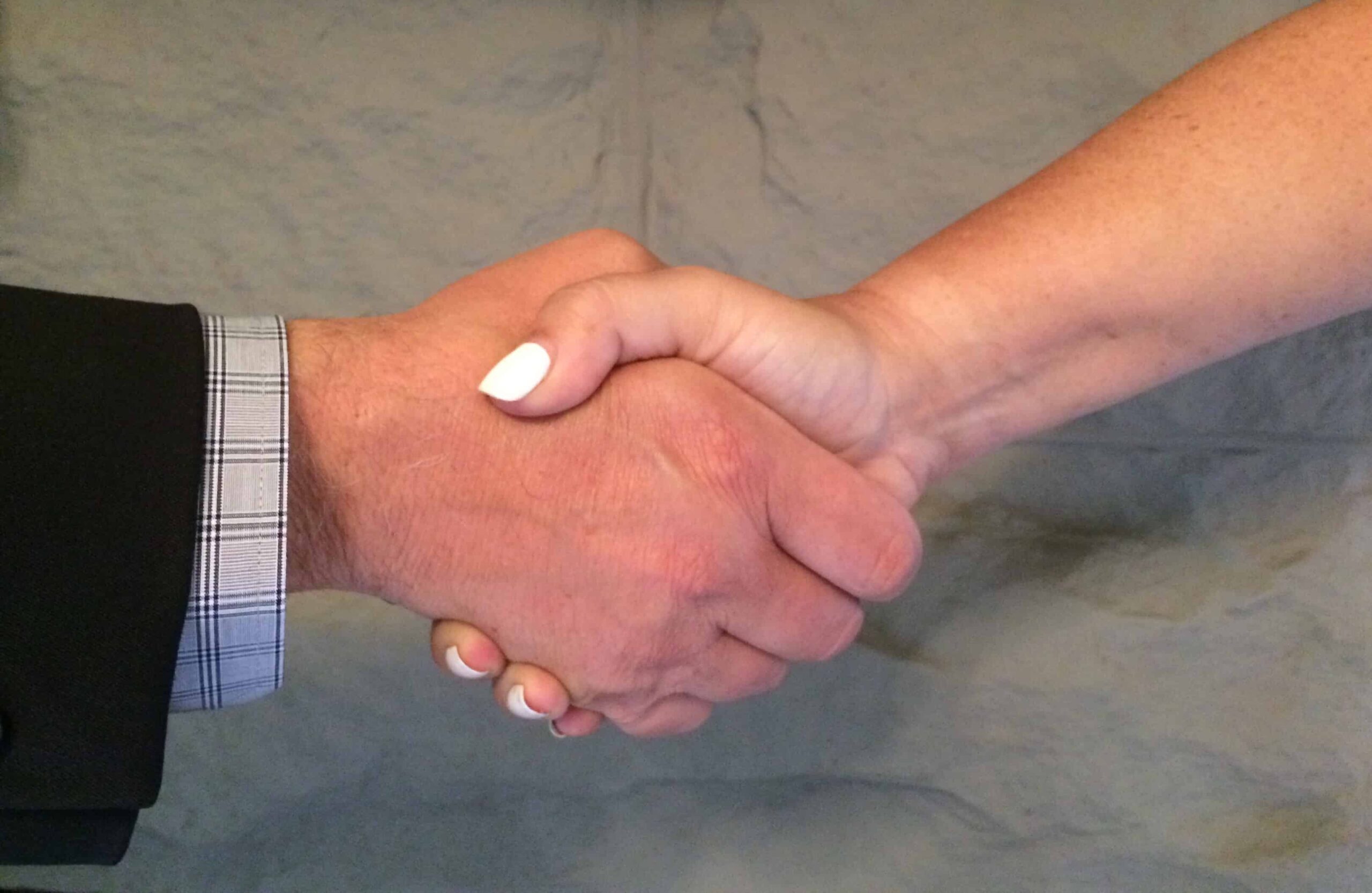Power is at the core of being an attorney. I’m constantly analyzing how much power each side has in any given exchange. I want more. I can never really have too much. I want to be the smartest in how I use the facts, statutes or case law to win for my client – that’s what I’m paid to do. Have you ever had too much power going in to a mediation, arbitration or trial?
Giving up power is anathema to being a lawyer.
Yet I do it all the time.
When it comes to advocating for living my best life in relation to the practice of law, I lay down my sword and shield. If I saw an attorney on the other side do that, I would wonder what the hell was wrong with them.
What is more important – the practice of law or living your best life?
Of course we need to make a living to pay the bills, take care of the people we love and live a good life. But if you were forced to make a choice literally between the two, which would you decide?
I would love to tell you that I would not pick being a lawyer. But if the past is an indicator of future behavior, I’m not so sure.
It’s hard to separate my identity from my work.
It’s not easy to go against the grain that legal culture and mythology tells me being a lawyer is all about. But if I don’t, I’ve tossed my sword and shield to the ground.
I have no desire for my proudest accomplishments to be what I’ve done as a lawyer. I want it to be how I lived my truest life and helped the ones I love do the same.
Being a lawyer fits into my life, not the other way around.
How do you maintain living your truest life power while practicing law? Have you ever found yourself surrendering your power and what did you do to get it back?






This is not the first time I’ve pondered the generalized perspectives of power in our society and the effects of altering the same. Far too frequently, there is a negative association with the word, especially in the legal field when the synonyms for power actually reflect positive attributes – ability, competence capability, capacity, function, influence, potential, skill, talent, aptitude, competency, dynamism, effectiveness, efficacy, endowment, faculty, gift, potentiality, qualification, and my favorite… virtue. Unfortunately, laying down one’s sword and shield is considered an act of surrender, driven by weakness or vulnerability. If I had a nickel for every time I was told I’m too nice to be a lawyer, I’d be rich. Of course, a nickel wouldn’t suffice however I believe that the disadvantages of are outweighed by the preservation of my core values. Despite the risks, in my practice, I persist in my intentionally-blissful, Utopian ways and frequently choose laying down my sword and/or shield over succumbing to the alternative. Through observation and experience, I continue to learn how to better gauge my opposition and be more conscious of when keeping my shield up or wielding my sword is crucial to zealously advocating for my client. At the same time, realizing that one act can be done independently of the other is powerful in and of itself. While seemingly contradictory, I don’t believe giving up power is an inherent sign of submission or helplessness. Even if so perceived, it often works to my advantage and catches my adversary off-guard – whether because my intelligence is misjudged or my passion is misconstrued, I can’t say. What I can say is the interplay has caused me to contemplate the possibility of having the best of both worlds. As usual, thank you for the thought-provoking topics, Jim. : )
Samantha, if I ever need an attorney, I’m calling you.
I’m humbled and flattered. Thank you, Jim!